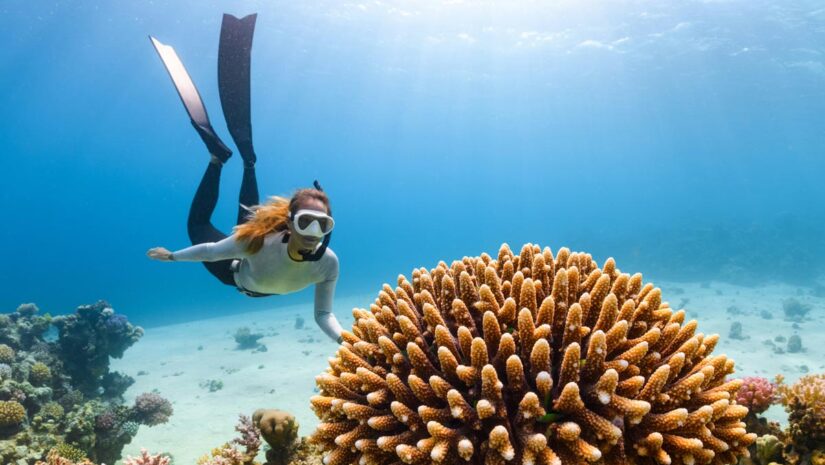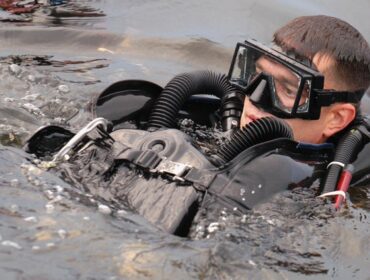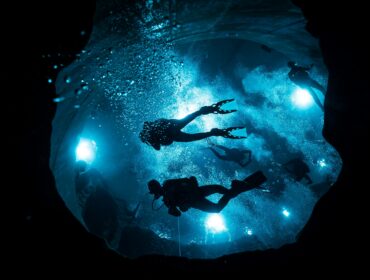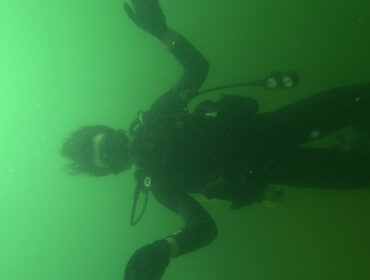Scuba diving is an exciting and rewarding activity that allows you to explore the underwater world like never before. However, for some, the thought of diving can stir up feelings of anxiety and fear. Whether it’s fear of the unknown, claustrophobia, or concerns about equipment failure, these worries can prevent many people from experiencing the joy of scuba diving. The good news is that you can overcome scuba diving anxiety with the right mindset, training, and understanding. Let’s look at how.
Common Fears Around Scuba Diving… and Why They’re Unfounded
While it’s normal to feel trepidation when trying a new activity, many fears surrounding scuba diving are based on misconceptions. Here are some of the most common fears, along with facts that debunk these myths:
Fear of Equipment Failure
The Fear: Many new divers worry that their equipment will malfunction underwater, leading to a life-threatening situation.
The Reality: Scuba diving equipment is incredibly reliable, and dive centers maintain strict standards for maintenance and inspections. According to DAN (Divers Alert Network), equipment failure is extremely rare, and nearly all equipment malfunctions are minor and manageable. Plus, divers are trained in emergency procedures such as sharing air and making controlled ascents. Redundancy is built into the system, including backup regulators and dive buddy protocols.
Fear of Running Out of Air or Drowning
The Fear: Some people worry that they’ll run out of air underwater.
The Reality: Proper training teaches you how to monitor your air supply carefully, and you’ll never dive without knowing how much air you have left. Statistically, most dive-related incidents involving low air result from diver inexperience or ignoring training. By following the rules and checking your gauge regularly, you’ll always have ample air to ascend safely.
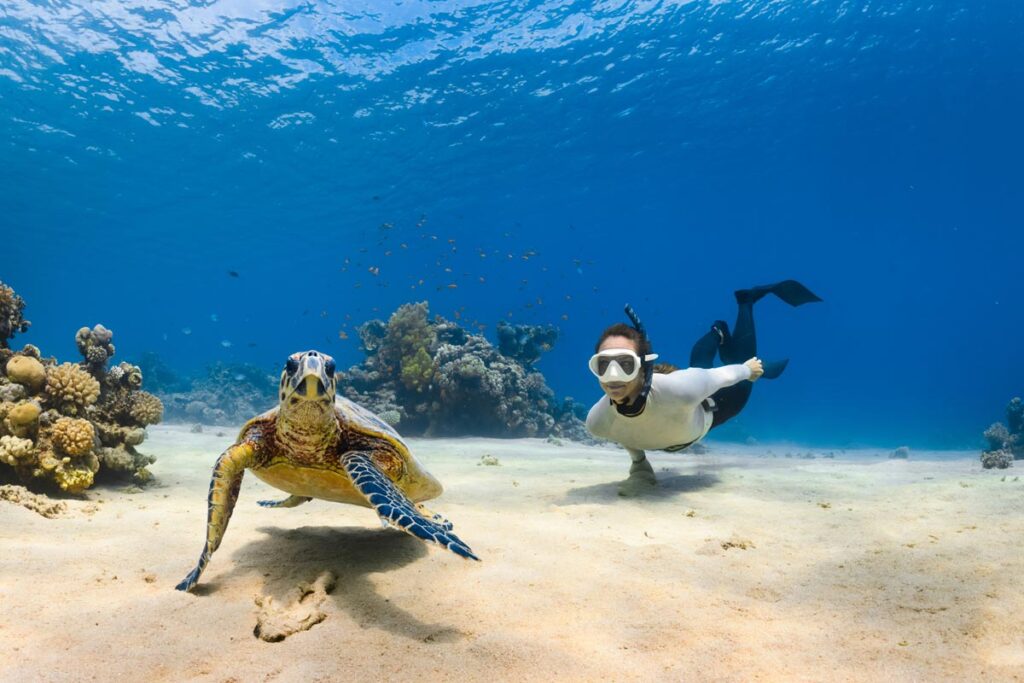
Fear of the Ocean and Marine Life (Sharks, Jellyfish, etc.)
The Fear: Some potential divers stay on shore because they fear being attacked by sharks or encountering harmful marine life.
The Reality: Despite their portrayal in movies, shark attacks are exceedingly rare. In fact, sharks are more afraid of humans than we are of them. You’re more likely to be injured by a falling coconut than a shark! According to the International Shark Attack File, the likelihood of a shark attack is 1 in 11.5 million. Most marine creatures are peaceful and avoid human contact.
Fear of Claustrophobia or Confinement
The Fear: The thought of being underwater, far from the surface, can make some people feel trapped.
The Reality: While scuba diving does involve being submerged, the sensation is often quite freeing, not confining. In fact, the underwater world is expansive, with great visibility in many dive spots, offering a feeling of space rather than confinement. Training and shallow water dives can help you gradually get used to the environment.
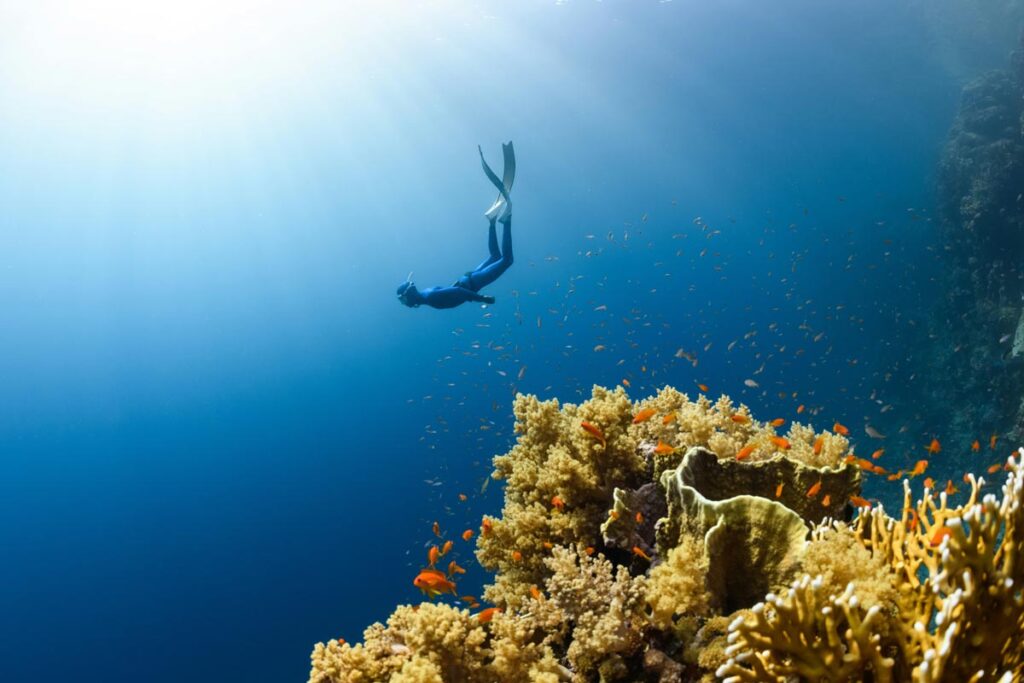
Why Scuba Diving is Awesome
Now that we’ve debunked some of the most common fears let’s examine the amazing physical and mental benefits of scuba diving.
Mental Health Benefits
Scuba diving is known for its calming effects on the mind. When underwater, you focus on your breathing and surroundings, which can help you overcome scuba diving anxiety and promote mindfulness. Diving has been compared to meditation’s ability to relieve stress and calm your thoughts.
Physical Health Benefits
Diving requires swimming and controlling your buoyancy, which engages your entire body. This makes it a great, low-impact form of exercise. It improves cardiovascular fitness, builds muscle strength, and enhances flexibility while being gentle on your joints.
Connect with Nature
Scuba diving allows you to experience a part of the world that few people get to see firsthand. Whether you’re exploring vibrant coral reefs or swimming alongside graceful sea creatures, diving connects you deeply with the natural world.

Social Benefits
Diving is often a social activity. Whether you’re diving with a buddy, joining a dive group, or taking a course, you’ll meet other divers who share your passion for the ocean. This can lead to lifelong friendships and travel companions for your diving adventures.
Build Confidence and Overcome Fears
Diving is a skill that requires focus, patience, and a willingness to push through your fears. Completing your dives and mastering skills will give you a massive sense of accomplishment, boosting your self-confidence in and out of the water.
Learn Something New
Scuba diving continuously teaches you new things. From improving buoyancy control to learning about marine life and ecosystems, every dive offers a chance to expand your knowledge and skills.
How to Overcome Scuba Diving Anxiety
If you’re feeling anxious about scuba diving, there are several strategies you can use to help ease your fears and build your confidence.
Remind Yourself of the Stats
Knowing that scuba diving is statistically very safe can help you stay calm. Remember that equipment failures and accidents are rare, and divers are trained to handle any issues that arise.
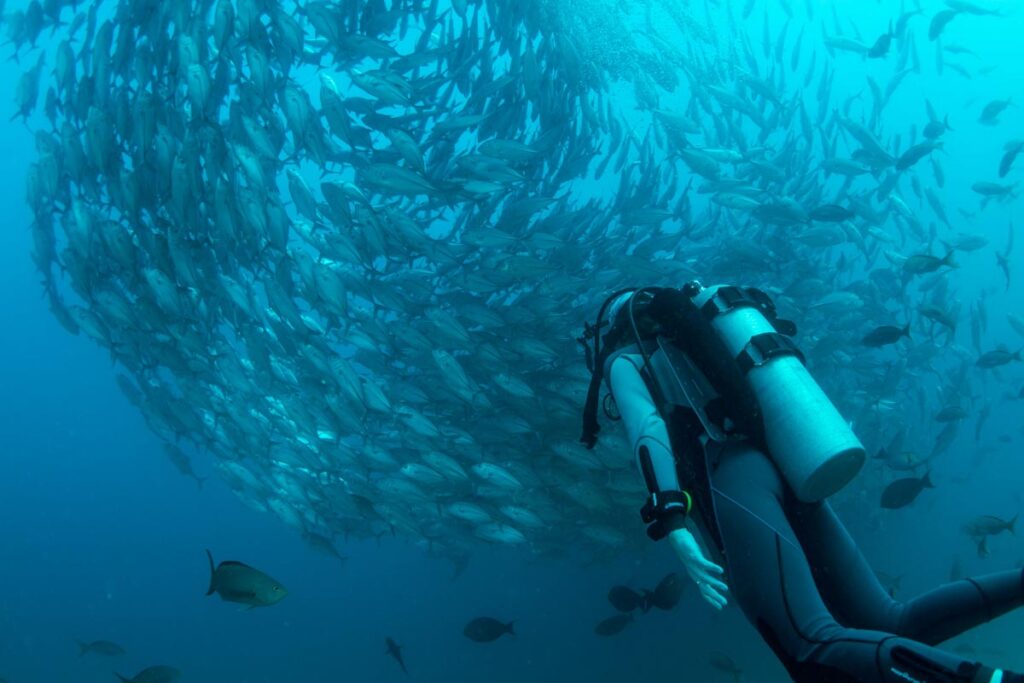
Start in Calm, Warm Waters
For your first dives, choose a dive site with calm conditions and warm, clear waters. Locations like the Mediterranean or parts of Southeast Asia offer beginner-friendly dive sites where you can ease into the experience without worrying about strong currents, cold water, or large marine life like sharks.
Dive with a Friend
Bringing a friend or family member along for your first dives can provide comfort and make the experience more enjoyable. You’ll have someone you trust by your side, which can help reduce anxiety.
Choose the Right Instructor or Dive Center
A good instructor can make all the difference in helping you feel safe and secure during your dives. Look for instructors or dive centers with excellent reviews, and don’t hesitate to ask questions about their safety protocols and experience.
Start Slowly
You don’t need to jump into deep water on your first dive. Take things one step at a time. Most beginner scuba diving courses start in shallow pools or calm, shallow waters, which allows you to get comfortable with the gear and underwater environment before progressing to deeper dives.
Watch Videos or Read About Others’ Experiences
Reading about other divers who overcame their fears or watching dive videos can be incredibly reassuring. Seeing how others handle their first dives and hearing about their positive experiences can help shift your mindset and remind you that diving is an amazing, safe, and rewarding experience.
Practice Relaxation Techniques
Anxiety can often be alleviated through relaxation techniques such as deep breathing, meditation, or visualization. These techniques can help you stay calm both before and during your dive.
Final Thoughts
When approached with proper training, preparation, and the right mindset, scuba diving is one of the safest adventure activities you can do. It offers not only the chance to explore a unique and beautiful world but also numerous benefits for your mental, physical, and emotional well-being.

